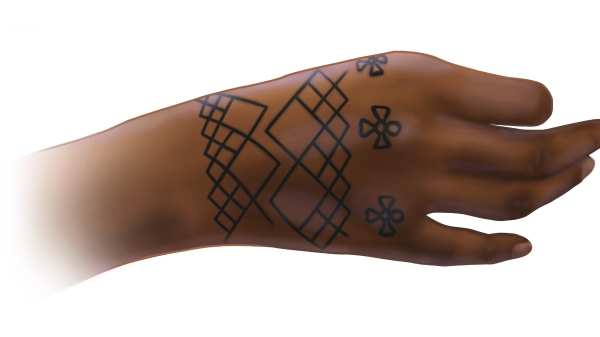Arizona State University and Helios Education Foundation announced June 18 a five-year expansion of their partnership to enhance the work of the ASU Helios Decision Center for Educational Excellence, amounting to an additional $6.5 million dollars to improve educational outcomes in the state.
The Decision Center for Educational Excellence builds groundbreaking tools to navigate data on Arizona’s pre-K through postsecondary educational landscape, providing real-time feedback on how policies, practices, new innovations and other interventions affect the state’s education systems.
“ASU and Helios are both driven by a profound commitment to enhancing access to quality learning through meaningful collaboration, innovative thinking and data-driven solutions,” said ASU President Michael M. Crow. “The robust continuation of our cooperative analysis and service as realized by the Decision Center for Educational Excellence is vital to designing Arizona’s education future and, in turn, strengthening every community.”
The state-of-the-art data visualization delivers school administrators, policymakers, community leaders and elected officials the tools and information needed to improve student performance, increase equity in education and promote postsecondary degree attainment.
“Together, Helios and ASU are tackling some of the most serious challenges within our educational system,” said Paul J. Luna, president and CEO of Helios Education Foundation. “This partnership is key to putting Arizona on a path towards a more equitable, higher-achieving educational system that improves college-going rates for all Arizonans, regardless of ZIP code, race or gender.”
The state-of-the-art data visualization (such as this setup at Friday's announcement) allows stakeholders to better understand data and complex topics. Photo by Denny Collins Photography
While today’s announcement looked forward, the center has already had great success in providing crucial data to education stakeholders in the state. Recently, in partnership with the Arizona Department of Education, the Decision Center helped school districts understand how their students are performing in postsecondary education. These reports gave districts feedback on grades in courses, degree and certificate completion, and how they compare to the state overall. This information enables districts to better prepare students for success in college and beyond.
The ASU Helios Decision Center for Educational Excellence is funded by a $6.5 million educational grant from Helios. ASU and Helios originally announced their groundbreaking Decision Center partnership in 2018, funded by a $2.5 million grant from Helios.
Top photo: ASU President Michael M. Crow speaks at the announcement June 18 of the five-year expansion of the partnership between ASU and Helios. Photo by Denny Collins Photography
More Science and technology

ASU researchers shed light on ancient tattoos in the Nile Valley
Long after an archaeological excavation, discoveries can still be made. One such example of this is newly discovered tattoos from ancient Nubia, nearly doubling the amount previously known from the…

ASU’s LEAPS lab marks a decade of energy impact
Nathan Johnson doesn't mince words when it comes to Earth's energy requirements.“The world needs every electron it can get to match the accelerated pace of economic development and electrification,”…

Smarter tools for peering into the microscopic world
The microscopic organisms that fill our bodies, soils, oceans and atmosphere play essential roles in human health and the planet’s ecosystems. Yet even with modern DNA sequencing, figuring out what…

